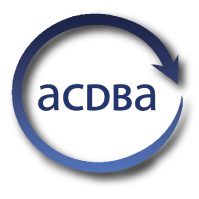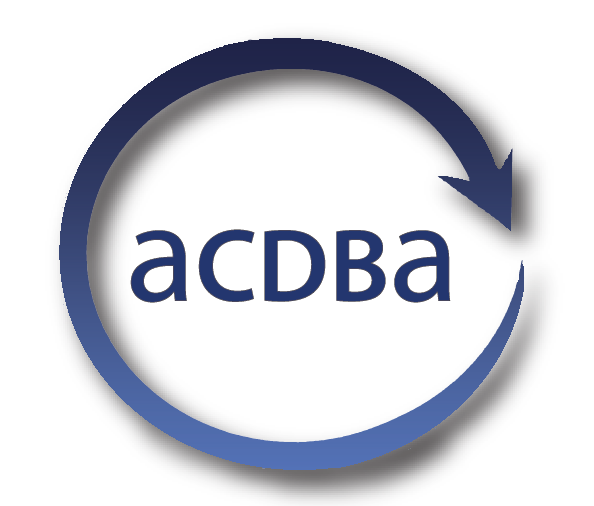The Industry

ACDBA members include both contingent debt collectors and debt buyers.
Since the late 1990s ongoing environmental changes have resulted in a stronger, more professional collections industry in Australia.
Those Changes Include:
- Debt collection agencies have corporatised resulting in larger corporations which usually work across multiple jurisdictions.
- Technology has allowed the industry to deliver services with no face to face contact with consumers.
- Technology allows members to deliver services across multiple jurisdictions without the need for a physical presence in each one.
- The “traditional” collection industry has moved to specialisation into 2 very separate and distinct elements in service delivery:
- Debt collection, with no face to face consumer contact
- Field Call, Repossession and Process service functions – with face to face consumer contact.
- ACDBA members are subject to strict legal agreements with their clients covering legal compliance, collection conduct and dispute resolution processes in addition to other contractual arrangements.
- The ACCC/ASIC Debt Collection Guideline provides members with guidance on appropriate debt collection practices. Compliance with the Guideline is usually part of the contractual agreement with clients and routinely provides the framework in which members base their collection activities.
- The Privacy Act (Cth) regulates how members (and their clients) can collect, use and disclose credit and personal information.
- Debt purchase assignees are obliged to comply with the Banking Code of Practice and the National Credit Code, where relevant, in addition to their contractual obligations to the assignors.
Standards in the industry are high given the contractual and legislative obligations with which our members comply. The majority of ACDBA members are large corporations, some being listed on the ASX, collecting a range of consumer, commercial and government debts. The annual survey of ACDBA members gives a snapshot of the Australian industry.
Standards in the industry are high given the contractual and legislative obligations with which our members comply. The majority of ACDBA members are large corporations, some being listed on the ASX, collecting a range of consumer, commercial and government debts. The annual survey of ACDBA members gives a snapshot of the Australian industry.
INCIDENTS
Member statistics reveal a low level of complaints against industry members. Despite a high volume of contacts (over 103 millions for FY2022 in relation to 7.9 million accounts) incidents against the industry amount to less than 0.039% per total contacts per annum!
Collections exclusively involve distressed depts where consumer responses to request for payment can be emotionally charged, an incident rate as low as 0.039% per total contacts made each year is outstanding.
LICENSING
Most ACDBA members work in multi-jurisdictions. The professionalism of members is evidenced by the extremely low rate of complaints received. Complaints received are resolved promptly and efficiently, evidenced by rare enforcement action by regulators within the sector.
ACDBA supports consistent licensing in the industry to overcome:
Inconsistent licensing requirements and standards across State & Territory jurisdictions
Multiple licenses required to meet State & Territory specific requirements, regardless of head office locale
Inconsistent training standards across jurisdictions
Training requirements which exceed collector work requirements
Restrictive and expensive training delivery requirements which ignore workplace training
Administrative inefficiencies of some licensing agencies
Additonally to complying with the legislative environment, the clients of member generally have strict service agreements in place specifing conduct and account management standards for the member.
These business to business contractual arrangements indicate the high service delivery standards agreed between ACDBA members and their clients. the agreed obligations are broader than dept collection specific legislation.
